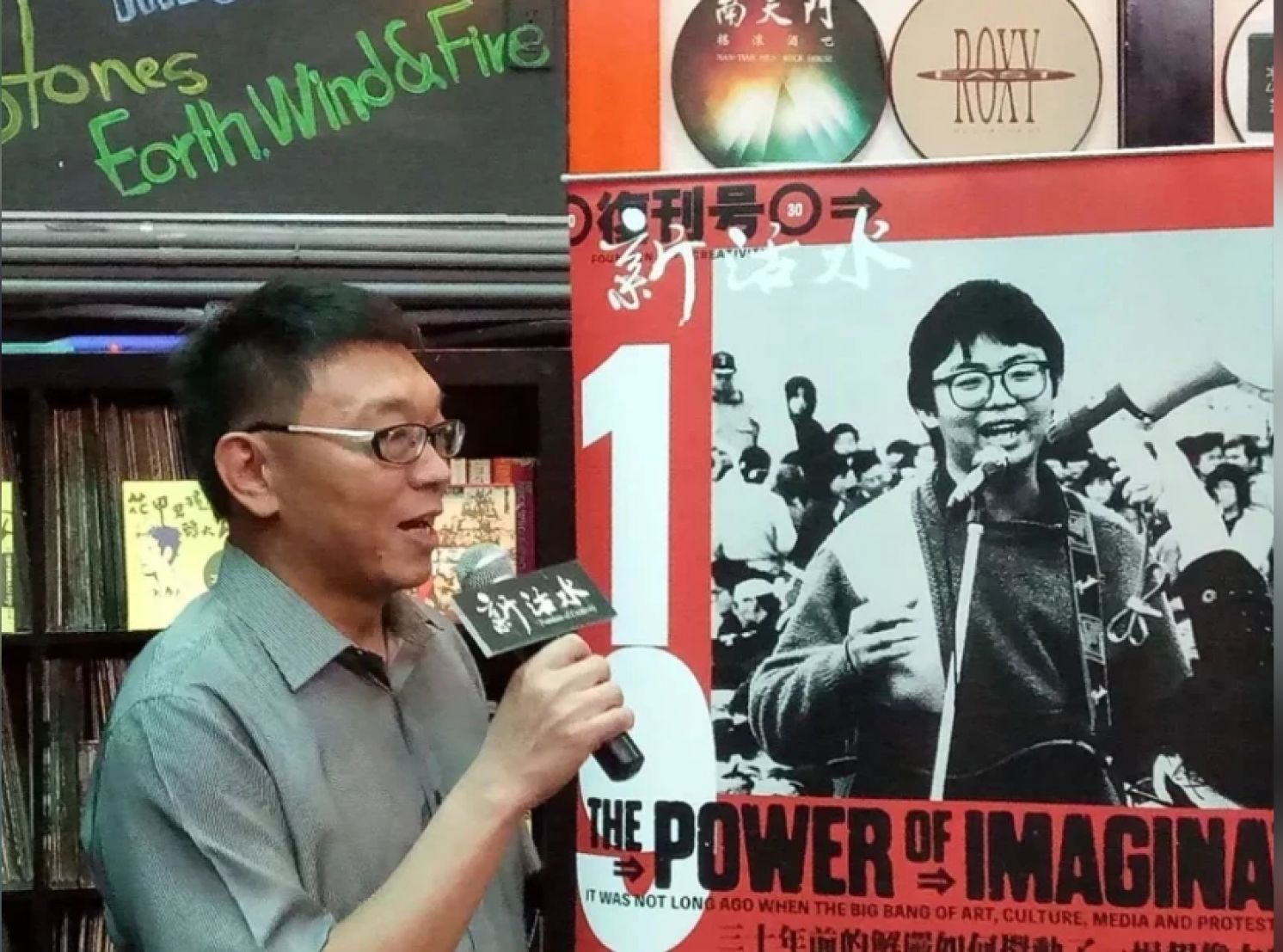
Long Live Marketing! Secrets Behind the Monopoly by DPP's Middle-Aged Generation
United Daily News Editorial, August 7, 2020
According to this newspaper’s investigation, although there is a prepared list of 4,000 some members of review committees by the Executive Yuan, six former Democratic Progressive Party (DPP)'s party officials always appear on the review committees of various government tender cases. One of them, Mr. Lee Hou-chin, former Deputy Secretary-General of the General Association of Chinese Culture, has reviewed almost 300 cases in the past three years. That is a lot! The opposition Kuomintang (KMT) has exposed that whenever Mr. Lee is involved in the review, the pro-DPP television station, Sanlih Audio & Video, has won 90 percent of the government tender cases. The above two information has revealed that these "royal review members" employed by the administration of President Tsai Ing-wen has played a pivotal role in government tender cases in favor of pro-DPP companies.
After the scandal is exposed, the National Palace Museum has announced null and void the tender case entitled "Branding of the Southern Branch of the National Palace Museum," which has a price tag of more than NT$7 million (about US$ 233,000). The winner of this case happens to be Sanlih Audio & Video, and the review member, Mr. Lee. If we set the amount of each tender case at NT$5 million (about US$ 166,666), then Mr. Lee has controlled the flow of over NT$ 500 million (about US$ 83 million) government budget a year. It is like a "tender case dispensing center." What is more, Companies like Venti Venti Consulting and others, which have won most of the government tender cases in the past, were said to have Mr. Lee as the behind-the-scene boss. So like an octopus, Mr. Lee served as review member of tender cases, controlled over the said consulting companies, and gave favor to the media company which his wife works with.
Besides Mr. Lee, other review members had worked as director of the DPP's network, propaganda, youth, and aboriginal affairs departments, among others. In other words, after they stepped down from their party posts, put on the face of a specialist, then they could direct and influence the result of the tender case in the review committee. No wonder they are nicknamed "fake external review member."
Of course, there are more than just six "Lee Hou-chins," they all share some common characteristics: elites in the DPP's middle-aged generation; former middle level party or political officials; although not in the government system, they can influence the dispense of government tender cases in the capacity of external review members. Different from the DPP's old generation, these "Lee Hou-chins" may not set their minds on politics, but they endeavor to use the opportunities to expand their businesses and the influence of the DPP. These opportunities become easily accessible after DPP took complete control of the government and the parliament. The DPP's former Secretary-General Lo Wen-chia is concerned about the "secularization" of the DPP. The trend of vying for government tender cases by the DPP's middle-aged generation, such as Mr. Lee, should be one of Lo's concern.
What the older generation of the DPP lacks, the middle-aged generation, like those "Lee Hou-chins," specializes: namely, propaganda and marketing, especially mobilization of the network. That is why the old generation has to depend on the middle-aged generation's expertise and why the controversial government tender cases in recent years were all about marketing and propaganda, not about engineering or technology, because these cases are the easiest for them to get their hands on. For example, Venti Venti and Catapult company have won government tender cases on marketing worth NT$80 million (about US$2.6 million) in the last four years; Haruru Company has won Taiwan Railways Administration (TRA)’s tender case after winning the Council of Agriculture's so-called "1450 marketing case" (alluding to the Internet army scandal). Ms. Slow Yang's JAS-Sports Industry and IS Media also won 20 some cases, creating tens of millions of revenue.
It is true that government departments sometimes must raise public awareness on their performance via marketing. But if you do it out of your tight budget because you want to favor the pro-DPP consulting companies, then it is putting the cart before the horse. A case in point is the TRA. Recently, Haruru won two marketing cases totaling NT$15.49 million (about US$516,333) from the TRA. The problem is that the TRA still owes its staff overwork fee in May and June for NT$30 million (about US$1 million). TRA would rather spend big money on its own facelift than paying its staff overwork money. If there is no order from the top, will TRA do this?!
The secularization of the DPP has reached a point where "marketing is king." This has stunned the public. The DPP dispenses government tender cases to its supporters by putting its own people in various review committees, even set up consulting companies run by its own people and participate in the bidding process to win all the cases. The DPP has brainwashed the people of Taiwan by using money from taxpayers in favor of its own party crooks. Is this an evolution from the "money politics" of the past?!